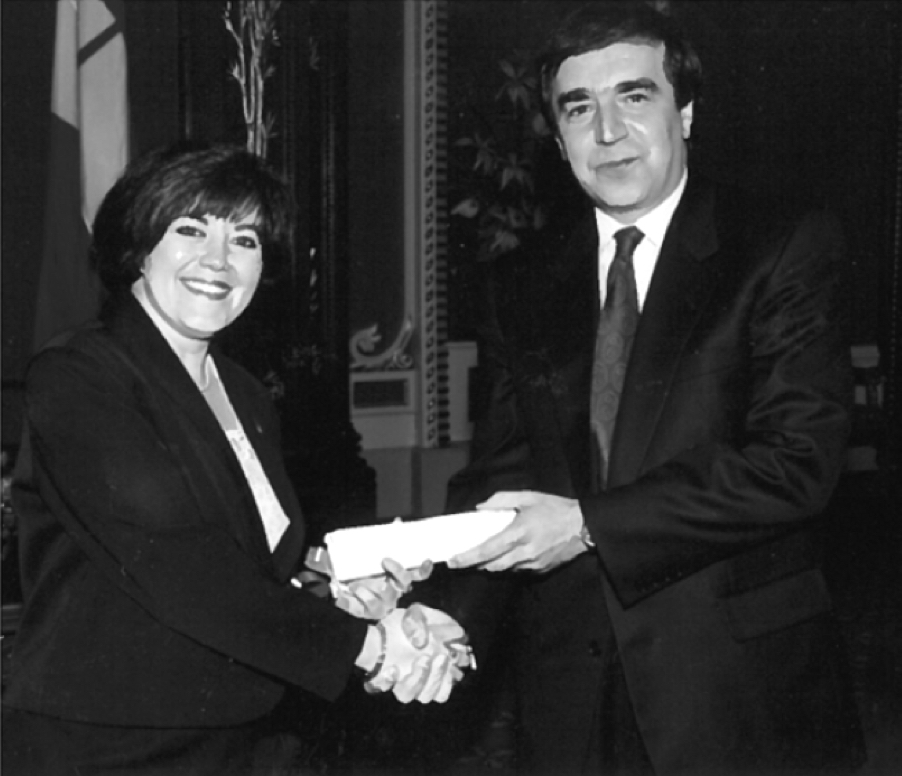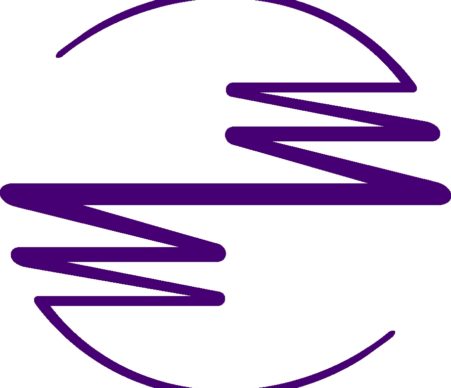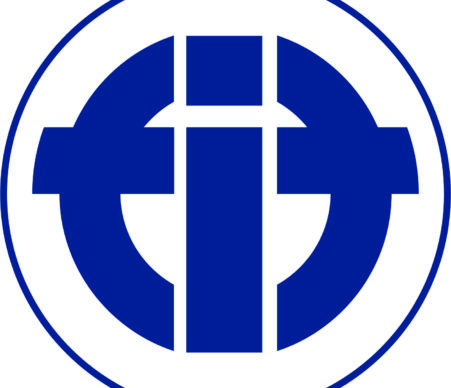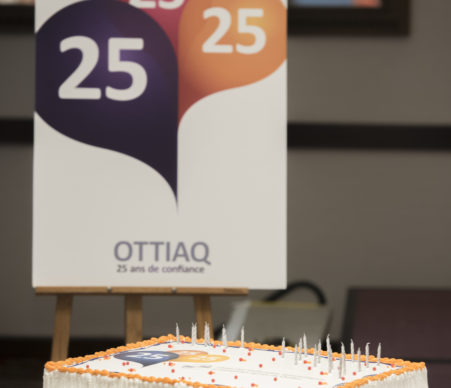Profession profile
Conference interpreters orally transpose messages from one language to another during speeches, meetings, conferences and debates, remaining true to the original meaning. In all circumstances, interpreters require conference-specific preparation, which varies depending on the field, in addition to general knowledge. There are two main types of conference interpreting: consecutive and simultaneous. The first type is used for communication in both directions, while the second is used for communication in one direction only.
Court interpreters are specialists in oral communication who interpret in courts of justice or administrative tribunals. They provide both consecutive and simultaneous interpreting. Consecutive interpreting, which is the most common type, is used when communication in both directions is needed, for example, during a cross-examination. Simultaneous interpreting is carried out using wireless electronic equipment and allows continuous, real-time transfer from one language to another. This method is used to establish communication in one direction only, for example, when it is necessary to interpret entire court proceedings.
Qualities of an interpreter
Interpreters must have strong concentration skills, an excellent memory, a pleasant voice, perfect elocution and physical and mental strength. They must also be tactful and flexible. Interpreting requires attention to detail, perceptiveness, well-roundedness and extensive general knowledge.
Conference interpreters must be ready to travel, as their work often requires them to leave the country.
Working conditions
Just like translators and terminologists, interpreters can be divided into two categories: salaried and private practice. Salaried interpreters are recruited in teams of varying numbers depending on the context. They work in insulated booths with a direct view of the speakers.
Private practice interpreters have irregular workloads, with slow and peak periods. For this reason, clients must request their services as far in advance as possible.
Court interpreters generally work alone. During long proceedings, two interpreters share the task, switching out at regular intervals. For foreign language interpreters, the interpreting may take place outside of court. The interpreters accompany lawyers, investigators or other official representatives during face-to-face meetings with defendants or witnesses, either in private, at the office of the probation officer or elsewhere.
For expert testimonies, the interpreters will ask to see a copy of the witness report in advance in order to conduct the necessary terminological research and obtain clarifications.
Court interpreters are independent contractors with irregular and often unpredictable schedules as proceedings are subject to judicial demands, which can change without notice based on developments in the proceedings.
Training
Currently, no Quebec university offers a program specialized solely in interpreting. However, both simultaneous and consecutive interpreting are taught in various universities and specialized schools around the world. The Order studies each candidate’s file and may recognize these studies as equivalent.
In Canada, conference interpreting is taught at the master’s level at the University of Ottawa’s School of Translation and Interpretation.
Certified interpreter: a reserved title
Only OTTIAQ members in good standing may practise under the title of certified interpreter in Quebec. Certified interpreters have qualifications recognized by the Order and are therefore professionals.
For more information on the responsibilities of OTTIAQ members, refer to the General public section.










